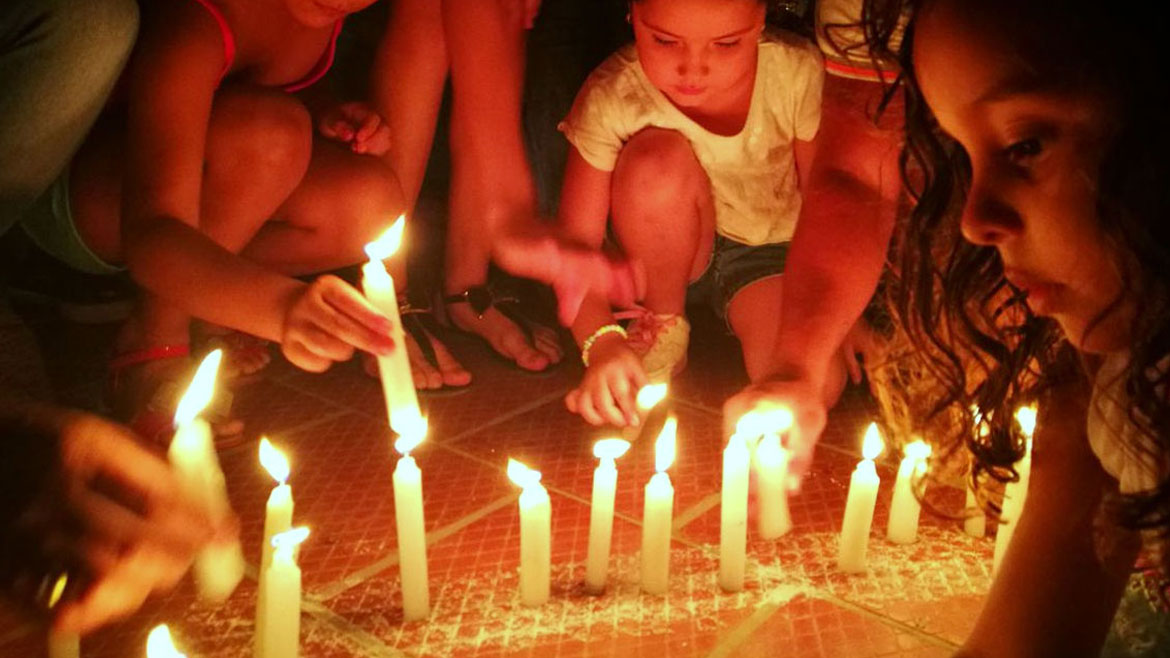Colombia’s state authorities continue to fail to protect the lives of human rights defenders and community leaders, Amnesty International said.
The international NGO published a new report, which highlighted the ongoing violence targeting activists and the government’s failure to protect them.
In a press statement, Amnesty’s Americas director Ana Piquer said that the NGO’s research in Colombia “makes clear the need for a strong, integrated and coordinated institutional response.”
Amnesty Americas director Ana Piquer
Amnesty published statistics by human rights NGO Somos Defensores that showed that deadly violence violence against social leaders sustained between 2019 and last year.
According to Indepaz, a think tank that also monitors violence, 138 social leaders have been assassinated so far this year.
Amnesty said that despite promises by President Gustavo Petro to improve the security situation of social leaders, “violence against human rights defenders has continued during his term of office.”
Piquer urged authorities to “adopt collective protection measures in order to address the structural causes of the dangers faced by defenders and their communities, especially in the cases of those defending the land, territory and environment.”
Amnesty Americas director Ana Piquer
Social leaders have long been the victims of structural violence because of their involvement in land or political disputes that could potentially turn violent.
The government of former President Juan Manuel Santos made their protection a priority as part of an ongoing peace process that started after a peace deal with the now-defunct guerrilla group FARC.


